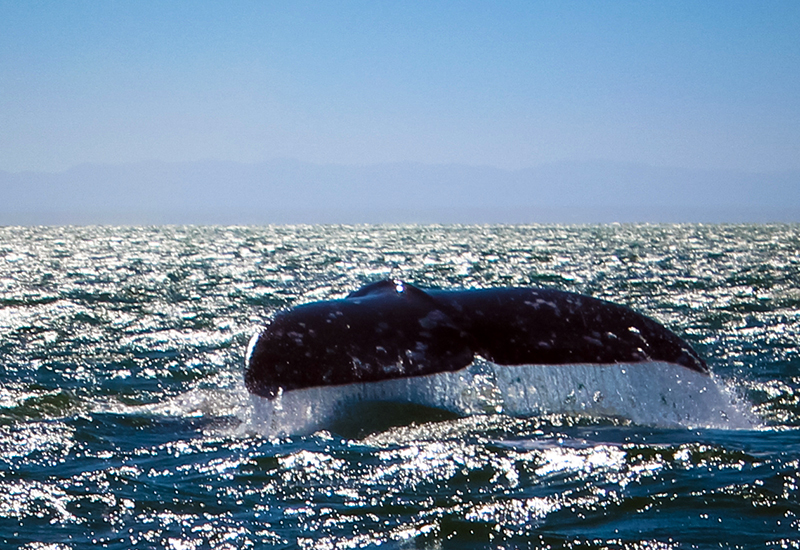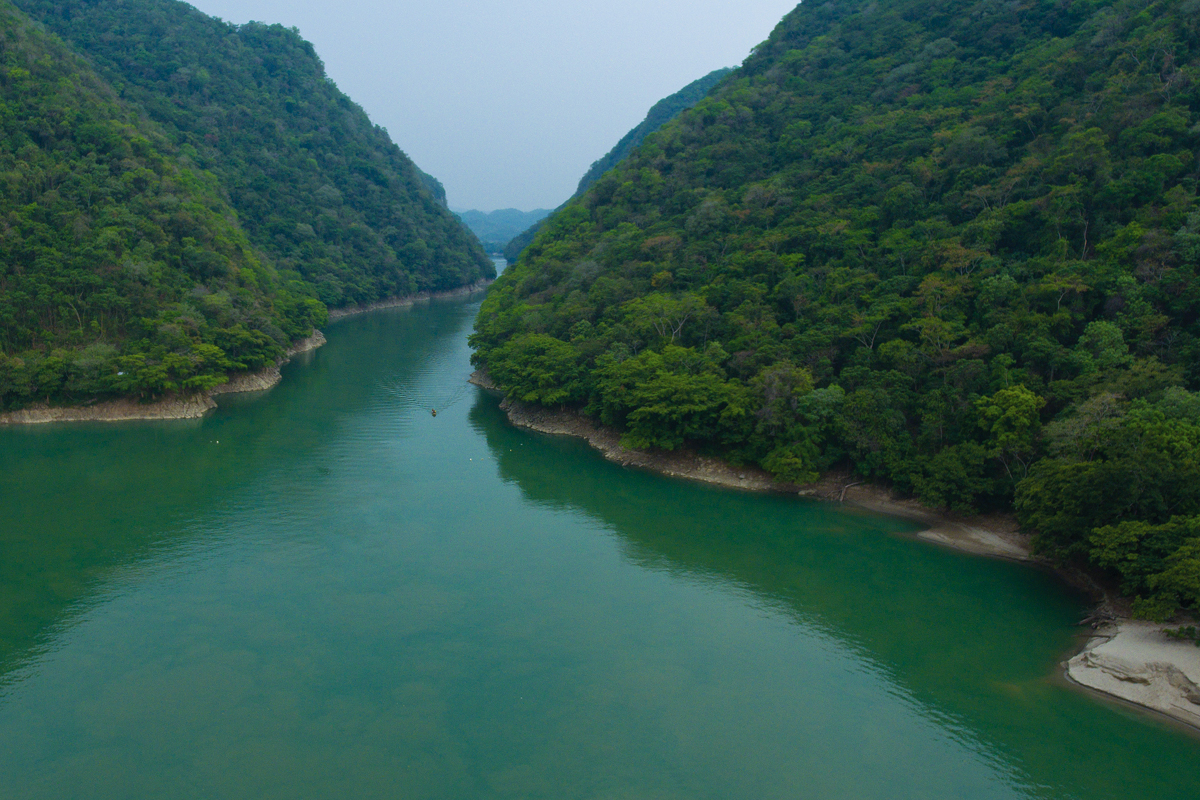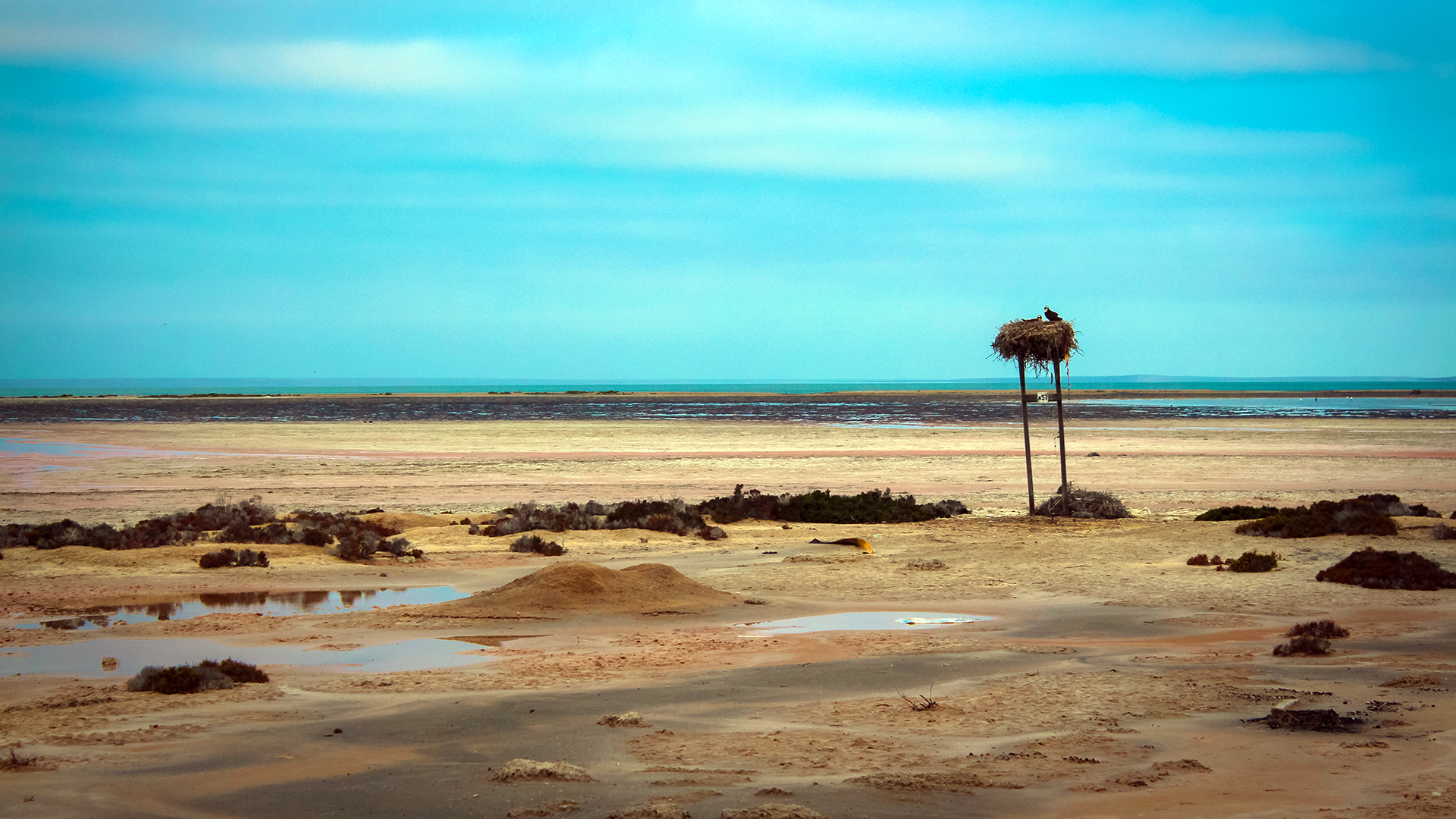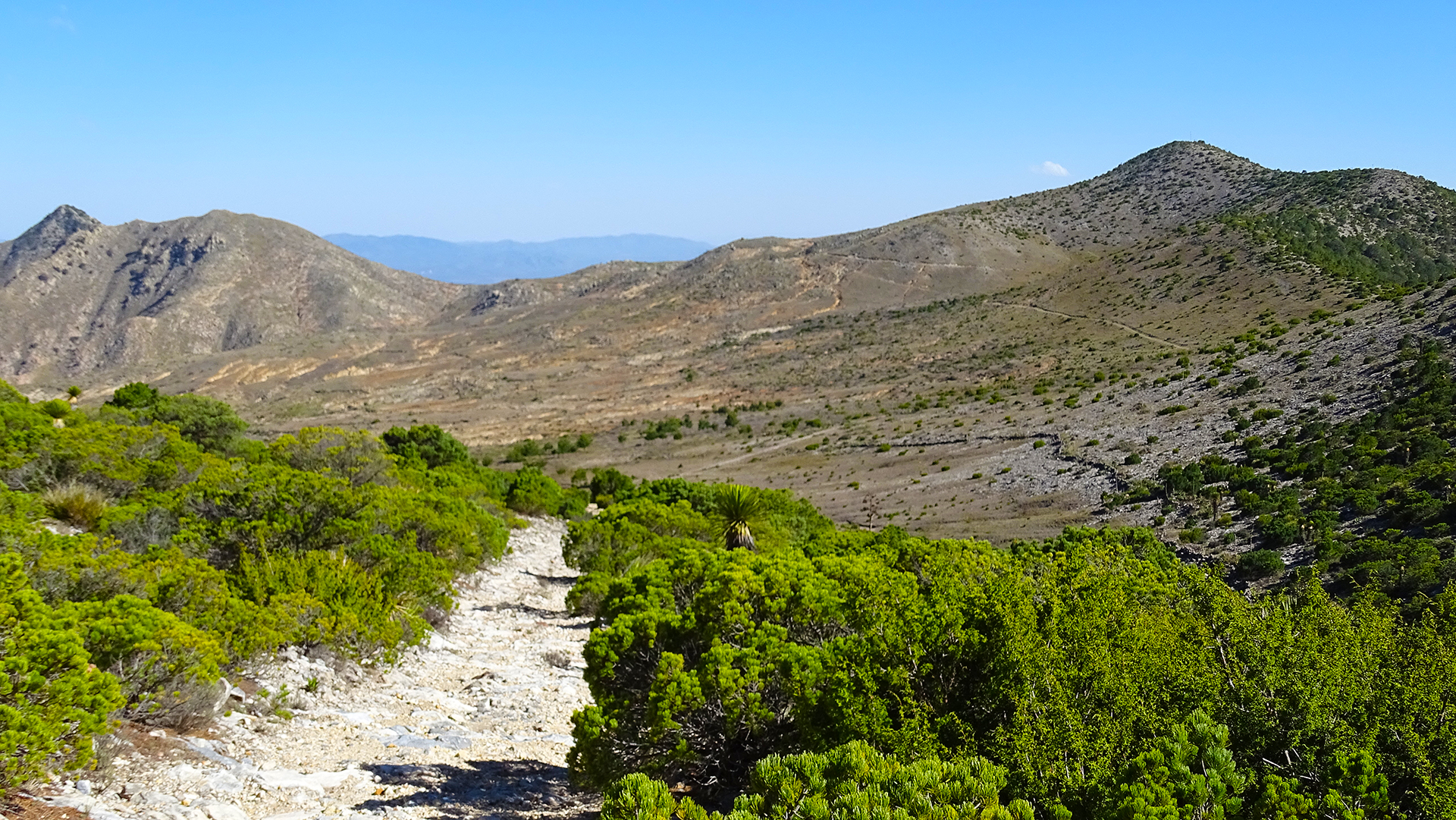SUPPORT FOR THE OPERATION OF NATURAL PROTECTED AREAS

Work area
31 Protected Natural Areas
Line of action
Institutional coordination
Duration
From 1997 to date
In 1997, the Fund for Natural Protected Areas (FANP) was created in Mexico through a public-private collaboration scheme between the Mexican Fund for the Conservation of Nature (FMCN) and the then Ministry of the Environment (then SEMARNAP) to support the operation of Natural Protected Areas (NPA) considered to be a priority. Year after year, the FANP has increased its assets through collaboration with different institutions, which has allowed it to serve more NPAs.
The FMCN is in charge of the financial management of the economic resources and supervises their use, while the National Commission of Natural Protected Areas (CONANP) ensures that the resources are used for strategic conservation activities in the field, for which each participating NPA prepares an Annual Operating Program (POA) that is approved by the FANP’s Technical Council.
The FMCN periodically calls for Civil Society Organizations to administer POA resources. ENDESU has participated in all the calls for proposals and, since 1998, has administered part of the FANP resources. In the last five years we have collaborated with more than 50% of the NPA that receive this funding.
Our function is to support the development of priority conservation actions in the field, working in close collaboration with the management of each NPA. In addition, we provide advice and training for the optimal use of resources to the administrative staff of each area.
On the other hand, we collaborate with an annual average of 10 NPA in the presentation, operation and administration of specific projects aimed at strategic activities such as biological monitoring, restoration of degraded areas, community surveillance, fire management, productive projects, ecotourism and capacity building.







